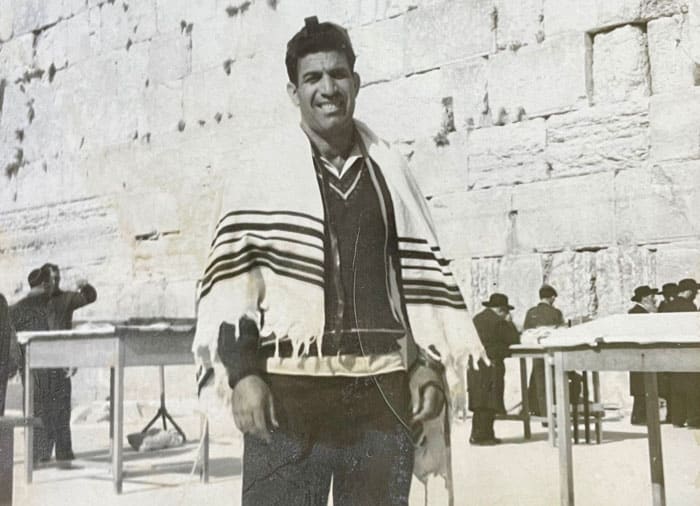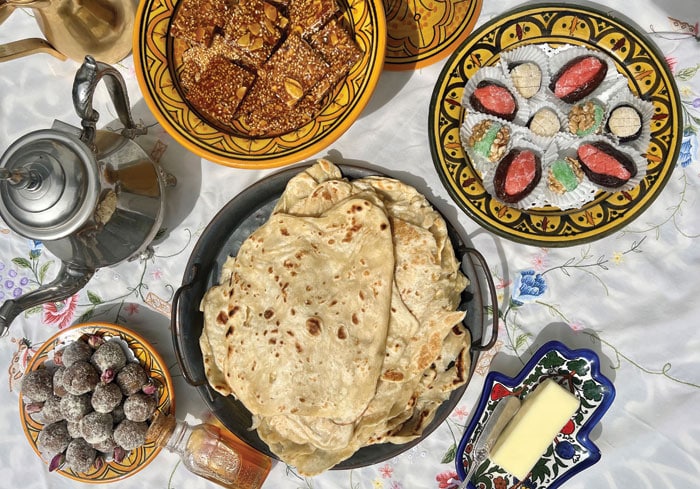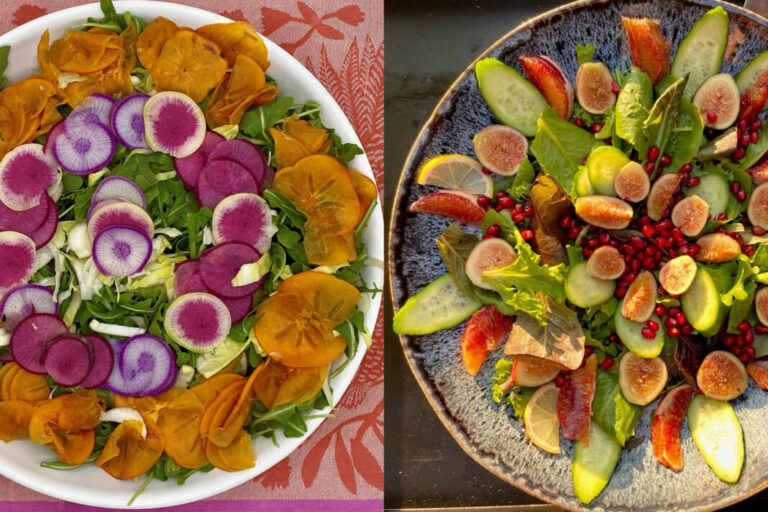A Prince Among Men —Memories of My Father
Maybe every daughter idolizes her father, but my father was truly a legend

Maybe every daughter idolizes her father, but my father was truly a legend.
Born on Yom Kippur, 1935 in Baghdad, Iraq to parents Rafael and Rosa, he was the middle child in a family of nine — older siblings Toya, Moshe, Shlomo and Daisy and younger siblings, Naim, Eliyahu, Adina and Aryeh. His father was a wealthy merchant and food wholesaler who moved his family from the crowded Jewish quarter of Baghdad to a house in Kerrada on the Tigris River.
His older brother Moshe was a leader in the “T’nuah,” the underground Zionist movement and he recruited my young father. Given the undercover alias Go’el, he was a runner who would deliver messages between different cells. My grandmother Rosa never quite forgave Moshe for involving him in this illegal activity. My Dad was especially close to Naim, his younger brother and in the Spring of 1950, at the ages of 14 and 15, they decided to escape from Iraq with a small group. They paid an Arab guide to smuggle them over the mountainous border with Iran. After a lot of aimless walking, my father realized that they were low on water and that the guide was lost. He made the life-saving decision to turn themselves in to the border police. They were arrested and put in a jail cell with Communist prisoners. After a week in jail, he bribed the guards to release them from prison. He left convinced that Communism was the most foolish political system. The group made their way to Tehran, where the T’nuah housed young Iraqi Jewish escapees in tents in the Jewish cemetery.
In Israel, he lied about his age in order to avoid high school. He worked as a laborer but soon asked his foreman to cut his wages and train him to be a bricklayer. He learned the trade and soon his fellow bricklayers were complaining that he was racing with them and showing off how fast he could lay a row of bricks.
He built a home in anticipation of the arrival of the rest of his family, so they were able to avoid the ma’aborot, the transit camps hastily erected by the Israeli government to absorb the many refugees fleeing from Arab countries.
In 1961, my grandmother’s cousin asked him to come take measurements for a room they wanted him to add to their house. He was mesmerized by the beauty of their 17-year-old daughter, Shoham. He waited two years, then sent my grandmother to ask my grandparents Naji and Aziza if he could date her.
On March 17, 1964 he married the love of his life, my mother Sue. His grandmother Farha was the sister of her grandmother Lulu. There were five sisters, but one of them was blind and unmarried. She visited the homes of her nieces and nephews. My parents grew up listening to the same stories of their great aunt Chatun.
My brother Rafi and I were born in Israel but my parents followed my mother’s family to Australia. My father built us a beautiful three-story house in Kirrawee and then he built two more houses nearby. Every morning, he would make Vegemite sandwiches for Rafi and me. He would give my six-year-old brother 12 cents for our bus fare. Some days, instead of taking the bus, my brother would decide that we were walking home. We would stop at the corner store and buy ice blocks and lollies. We would arrive at the building site and my father would say “you walked home today.” I never understood how he knew. At 18, I realized that it would have taken a lot longer to walk.
He knew that I loved Granny Smith apples, so he would always pack one for my snack. One day, I didn’t eat it and my friend asked me for it. I felt very guilty, so I confessed to my Aba. He was so happy that I shared and from that day, he always put two apples in my lunch.
When the economy took a downturn, my father started selling ladies clothing in the markets. Every day was a new location and he’d have to pack and unpack the racks and the clothing. He worked long hours and never complained.
We moved from Kirrawee to the Eastern Suburbs of Sydney and my brothers Danny and Nathan were born. He built us another three-story home, but this one had stunning views of the Sydney Harbor Bridge and the iconic white-tiled sails of the Opera House.
In 1981, we immigrated to Los Angeles. My parents continued to work in the fashion business and my father invested in real estate. I was lucky enough to work with my parents. When I married, had my son Ariel and then divorced, my mother and father helped me raise him. They were thrilled when I married my husband Alan and had three daughters. Years later, he told me that he wished we hadn’t left Australia but that Ariel and Alan had made it worthwhile.
My father was the quintessential Iraqi man who loved his wife more than anything and put his family first.
My father was the quintessential Iraqi man who loved his wife more than anything and put his family first. He was a voracious reader with an intelligent mind. He had a quiet manner and a strong presence. He was incredibly disciplined. He didn’t talk a lot but when he spoke, you listened. One of the best things about him were his witty observations and his completely unexpected sense of humor.
He had a passion for dates, managing to plant 1,000 date trees in Australia.
His most incredible legacy are his grandchildren, of whom he was so proud.
On Friday January 13, we celebrated my mother’s birthday and my eldest daughter Gabriella’s birthday. I made one of his favorite foods—shepherd’s pie. The next Friday night, he and I were in the Emergency Room at Cedars Sinai. We had a long journey where he battled tough infections. For the last two weeks he was at home, with my mother. All his grandchildren came to visit.
This past Shabbat, Alan and I were with him in the ICU. I held his hand and sang a few songs in Hebrew. When the doctor said he was leaving this earth, I said Shema Yisrael. I looked up at the screen and the time read 18:36pm.

Shepherd’s Pie
Beef filling
1/3 cup vegetable oil, divided
6 onions, finely chopped
1 1/2 pounds ground beef
1/2 cup Char-B-Que Barbecue Sauce
2 Tbsp tomato paste
2 Tbsp soy sauce
1 tsp allspice
1 tsp paprika
1 tsp turmeric
1 tsp garlic powder
1 large eggplant, salted, drained and diced
1 lb mushrooms, cleaned and sliced
Mashed potatoes
8 large potatoes, peeled and cubed
2 cups water (more or less)
3 Tbsp olive oil
1/2 tsp kosher salt
1/2 tsp garlic powder
Preheat oven to 350°F.
Heat a small amount of oil in a large pan and sauté onions till soft and golden.
Place onions in large baking dish.
Heat a small amount of oil, add beef and sauté using a wooden spoon to break into small pieces.
Add barbecue sauce, tomato paste, soy sauce and spices, stirring thoroughly.
Add meat mixture to the onions and mix well.
Arrange diced eggplant on baking sheet, drizzle with oil and roast 15-20 minutes until golden.
Layer on top of the meat.
Sauté mushrooms in oil and layer on top of roasted diced eggplant.
In large pot, place potatoes and add water until level is halfway up potatoes.
Add olive oil, salt and garlic powder.
Cover pot and bring to a boil, then turn to lowest heat and simmer until potatoes are fork tender, about 15 to 20 minutes.
Mash potatoes till soft and creamy and spread atop meat and eggplant.
Bake uncovered 1 hour.
Serves 10-12.
Sharon Gomperts and Rachel Emquies Sheff have been friends since high school. The Sephardic Spice Girls project has grown from their collaboration on events for the Sephardic Educational Center in Jerusalem. Follow them
on Instagram @sephardicspicegirls and on Facebook at Sephardic Spice SEC Food.






